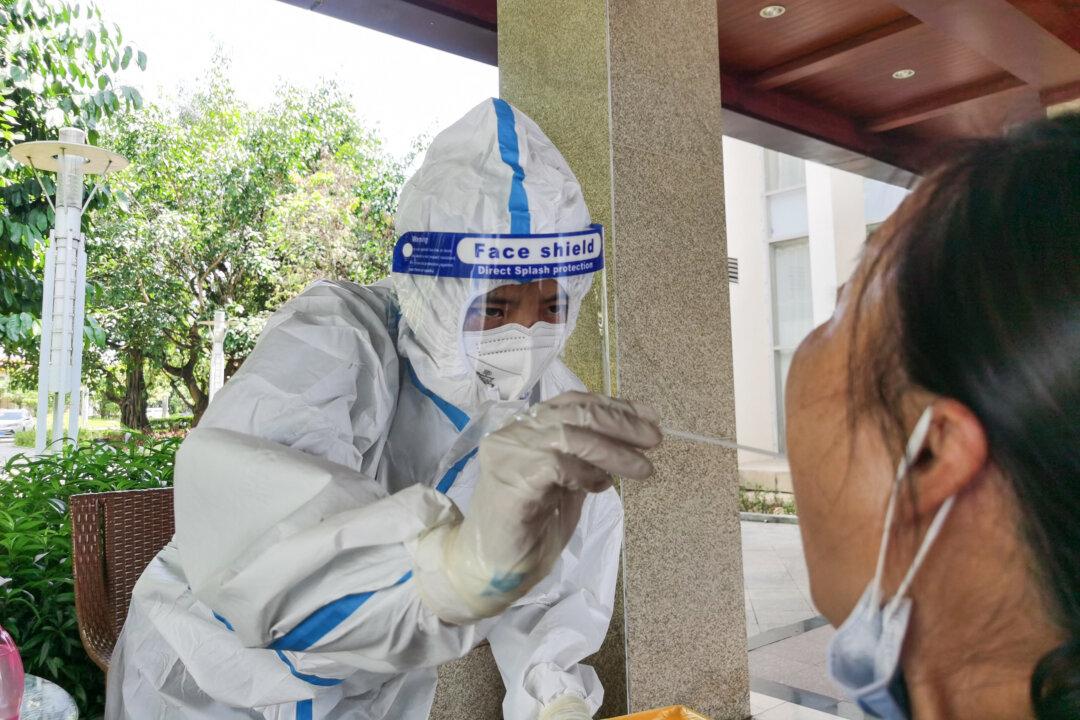A concerning increase in recent CCP (Chinese Communist Party) virus infections seen in China’s highly inoculated city Ruili and in neighboring Burma, forced the city back into lockdown after easing restrictions for four months.
Ruili City’s health department confirmed that the Delta strain was detected in the gene sequencing of seven cases. Another 16 CCP virus cases, commonly known as the novel coronavirus, are under investigation, the authorities said during a July 7 press conference.




